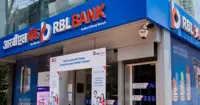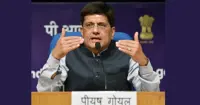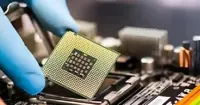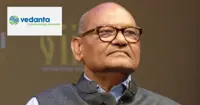Mumbai docs perform India’s first kidney swap transplants
27 Jan 2014
A team of 12 doctors in Mumbai successfully carried out India's biggest 'domino' kidney transplant on Saturday, giving a new lease of life to six end-stage patients.
 Doctors from three major hospitals performed 12 surgeries simultaneously. The swap procedure, which involved six donors and six recipients, was conducted in the different hospitals - three were done at Bombay Hospital, two at Hiranandani Hospital, and one at Hinduja Hospital.
Doctors from three major hospitals performed 12 surgeries simultaneously. The swap procedure, which involved six donors and six recipients, was conducted in the different hospitals - three were done at Bombay Hospital, two at Hiranandani Hospital, and one at Hinduja Hospital.
The complex surgery involved 65 doctors. It involved a series of surgeries in which each of the six donors gave an organ to a recipient not related to them, and in return a donor's relative needing a kidney received it from a recipient's kin. Since legal issues were involved, authorities concerned had obtained necessary approvals from the government.
Nephrologist Dr Mukul Shetye from Hiranandani Hospital, who was part of the procedure, said, ''Two pairs were operated at our hospital. By 2 pm, all operations were done in three hospitals. Everything went smoothly.''
Shetye said there were other parameters to gauge the success of the transplant. ''One of them is after transplanting the kidney on a patient, he or she should immediately pass urine like a normal person. Within 24 hours after the operation, a patient should pass 8-10 litres of urine.''
In kidney patients, the creatinine levels are as high as 6-8 mg/dl, but after the surgery it drops by 50 per cent and soon normalises to around 0.5 – 1 mg/dl. Dr Shetye added, ''The donors will be discharged after a week, but the recipient will be required to stay in the hospital for at least 10-12 days.''
Another nephrologist, Dr Rajesh Kumar from the same hospital, said such swap surgeries are pretty common in the US and its success has been reported in several journals. ''The interesting thing about domino kidney transplant is that despite blood groups not matching, those in need are able to get the organ. In this case, all the credit goes to the Apex Swap Transplant Registry that addresses the issue of mismatch in blood groups or tissues,'' he said.
"The recipients and donors are doing well," said Dr Srirang Bichu, consultant nephrologist at Bombay Hospital.
The youngest recipient was a 24-year-old engineer. He received the kidney of a 45-year-old woman, whose 25-year-old son was also suffering from renal failure and was operated upon in Hirananadni hospital. The six recipients were part of the second domino transplant, registered with the Apex Swap Transplant Registry (ASTRA), which maintains records of such patients and donors.
"The six recipients had close relatives who were willing to donate but their blood groups didn't match. All donors were on dialysis for quite a long time and there was a long waiting list for cadaver donors. The swap transplant has ensured that they can now have a normal life," said Dr Ganesh Sanap, coordinator, ASTRA.
After the successful domino swap, city surgeons are looking forward to conduct more such operations. Dr Vishwanath Billa, consultant ephrologists, Bombay Hospital, said, "These patients were on dialysis for the past many years and were waiting for donors. The swap transplant process has given hope to many such patients and has also reduced the waiting period."
He added that Saturday's surgeries were conducted by a small team but they now want an umbrella body for nephrologists from across the country, so that patients can register themselves under one body. "Also, we need government support to get noobjection certificates, to make the process faster," he said.



.webp)



























